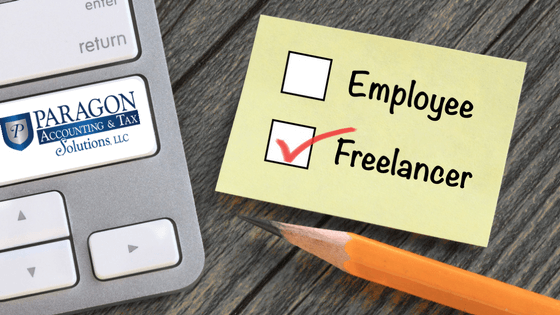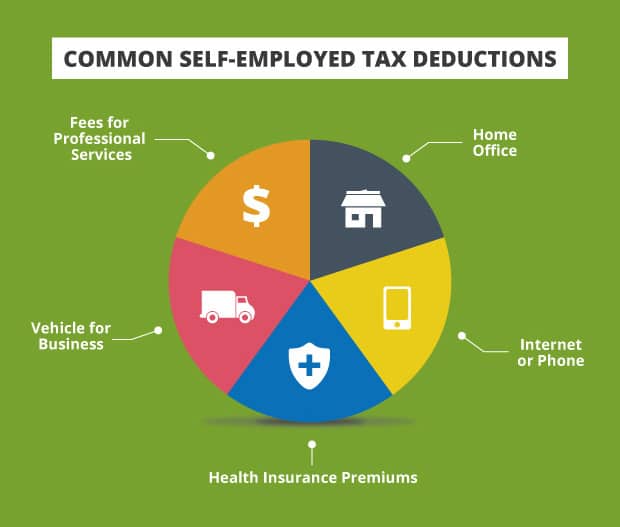

This particular tax deduction is often used by short-term rental property owners where the tenants are not expected to pay for utilities, or by long-term rental property owners during vacancy periods. Any expenses related to these marketing efforts can then be used as tax deductions. There are many forms of advertising that rental property owners can employ to increase their reach, ranging from online platforms to traditional newspaper advertisements. Landlords often have to advertise their rental property to reach potential tenants.
#TAX DEDUCTION INDEPENDENT CONTRACTOR EXPENSES SOFTWARE#
Property owners should know that the costs associated with paying lawyers and accountants to help with their rental business are deductible, as are any costs for specialized software to meet these needs. Owning, maintaining, and renting properties can become a significant administrative undertaking for landlords, who often turn to professionals for their legal and accounting needs. In addition to wages, any expenses incurred for employees, such as equipment, travel, and benefits, are also tax deductible. Over the course of ownership, landlords pay other contractors such as electricians, plumbers, and other maintenance workers. However, the costs of these necessary premiums can be further justified when writing them off as business expenses during tax season.Įven in the early stages of owning a rental property, investors often hire employees or independent contractors - from real estate agents to cleaning services to property managers. The premiums associated with each of these insurance policies are essential - but their costs add up. In addition to these direct deductions, landlords can undertake a cost segregation study, which accounts for the depreciation of assets such as driveways, climate control systems, and other fixtures to further reduce their tax bills.įrom wildfire insurance to personal liability policies, rental property owners need to be covered in a variety of ways. Annual deductions can track a property’s loss in value over time by spreading the cost of buying a property over years.

Amortization is the consideration of this loss in value, which takes place gradually over the period of ownership. Like any asset, property depreciates over time and the amount of this loss should always be included in tax deductions. Cleaning, fixing a plumbing issue, replacing windows, repairing the roof, and repainting are all considered tax-deductible maintenance costs. Maintaining a property and paying for repairs can be expensive, but these costs can also be deducted from a landlord’s final taxable income. Landlords have a vested interest in keeping their rental properties in top shape to encourage renewals, maintain their property value, and attract new tenants when needed.

Indeed, the mortgage interest deduction is one of the biggest deductions that property owners qualify for. This interest can be deducted from taxable income and is a common deduction used by rental property owners. As a result, many investors choose to finance their investments with mortgages - a large loan that usually incurs significant interest charges. Real estate purchases require a significant initial cash outlay from investors. Which landlord expenses are tax deductible?

Luckily, many of these costs are tax-deductible, meaning landlords can subtract qualified expenses from their adjusted gross income to reduce their tax liabilities. Rental property owners incur significant expenses maintaining and managing their properties. This article will explore the most common rental property tax deductions to help landlords combat increasing property ownership and management costs. These potential savings are especially important given the rising interest rates and increasing property tax rates across much of the country in recent years - not to mention historic inflation levels affecting everything from maintenance to improvements. Tax deductions, in particular, are an important way landlords can reduce their tax liability and maximize the ROI on their real estate investments. Tax season can be challenging and intimidating as a landlord, but there are many ways you can save money and ease your financial burden.


 0 kommentar(er)
0 kommentar(er)
